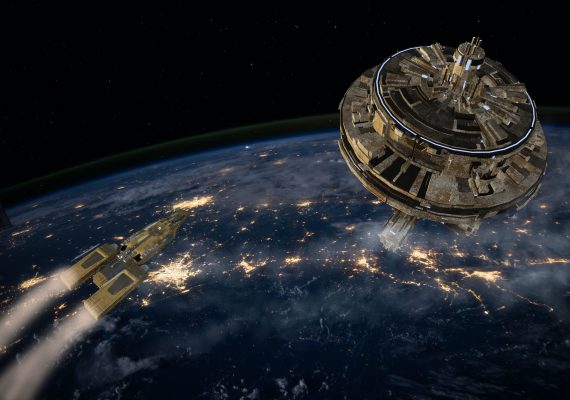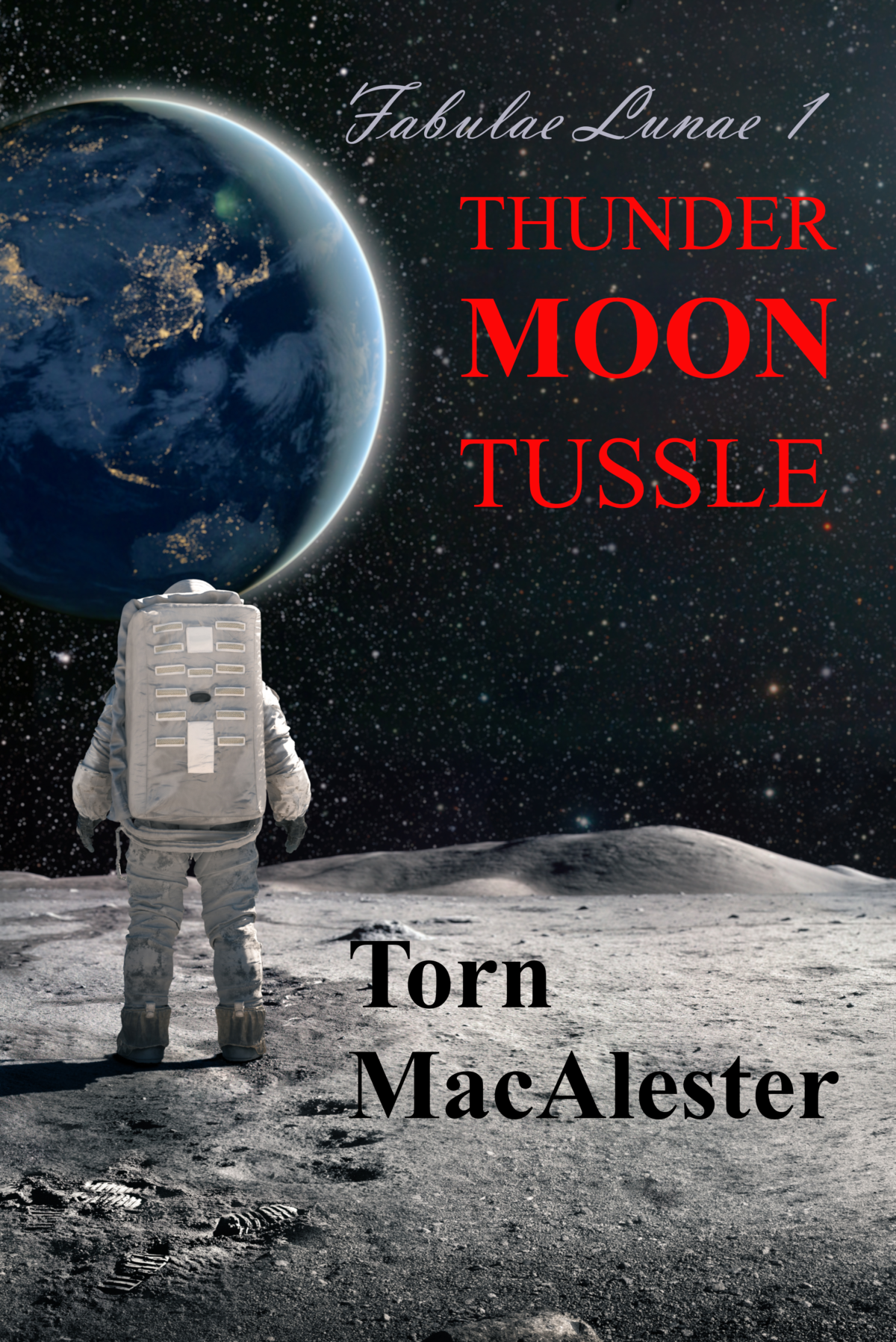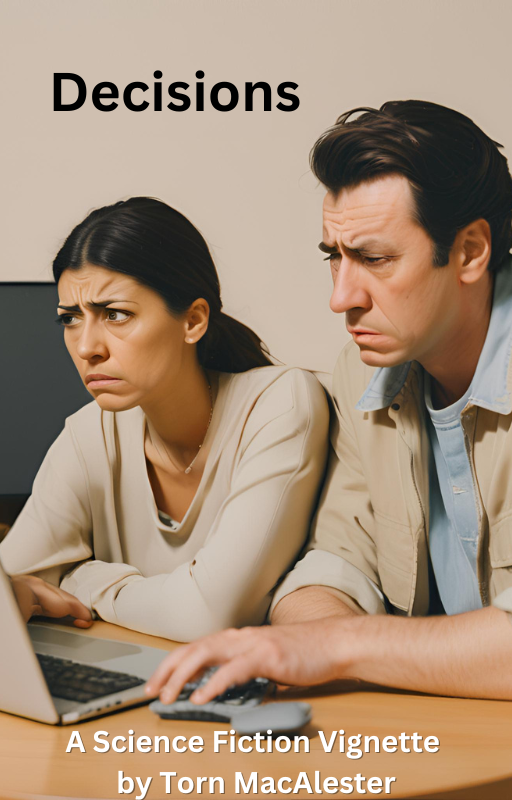
A Near Future Science Fiction Vignette: Directors and Malcontents by Torn MacAlester Torn MacAlester’s Fabulae Lunae The Lunadyne Incident and Other Stories


A Near Future Science Fiction Vignette: Directors and Malcontents by Torn MacAlester Torn MacAlester’s Fabulae Lunae The Lunadyne Incident and Other Stories

A Near Future Science Fiction Vignette: Another Plot by Torn MacAlester Torn MacAlester’s Fabulae Lunae The Lunadyne Incident and Other Stories

Available Now Torn MacAlester’s Fabulae Lunae The Lunadyne Incident and Other Stories Fabulae Lunae 1 Thunder Moon Tussle

Thunder Moon Tussle is a near future science fiction novel by Torn MacAlester. Nils is a prospector, sometimes smuggler, who seems to always get into altercations with the local deputy sheriff (Moon Deputy) Genevieve (Gen) Miller. Coming Soon Torn MacAlester’s Fabulae Lunae The Lunadyne Incident and Other Stories

A Near Future Science Fiction Vignette: Decisions by Torn MacAlester Nils & Katie Carmike struggle with the moment he decides that his chosen profession is leading no where. Check out this near future science fiction vignette. Decisions is part of a greater story arc that plays out in various stories including Thunder Moon Tussle and […]

Who is the Science Fiction Moon Deputy? Read Thunder Moon Tussle and find out. Available on Amazon Kindle and where books are sold. Chapter 4 Y+33 Nils drove toward his home habitat. “Hab 18?” Miller asked again, though Nils avoided the subject for the past half hour. “Miller, how about I give […]

Coming Soon Torn MacAlester’s Fabulae Lunae The Lunadyne Incident and Other Stories Fabulae Lunae 1 Thunder Moon Tussle
Sins of the Son is a Science Fiction Vignette by Torn MacAlester It is a story about Mark Mason, who appears in my near future science fiction novel Thunder Moon Tussle, available for Kindle or Paperback format at Amazon.com.

Who is the Science Fiction Moon Deputy? Read Thunder Moon Tussle and find out. Available on Amazon Kindle and where books are sold. Y+33 Nils drove toward his home habitat. “Hab 18?” Miller asked again, though Nils avoided the subject for the past half hour. “Miller, how about I give you a bigger […]